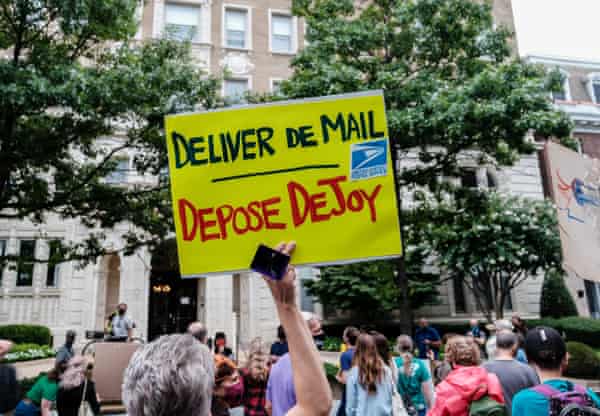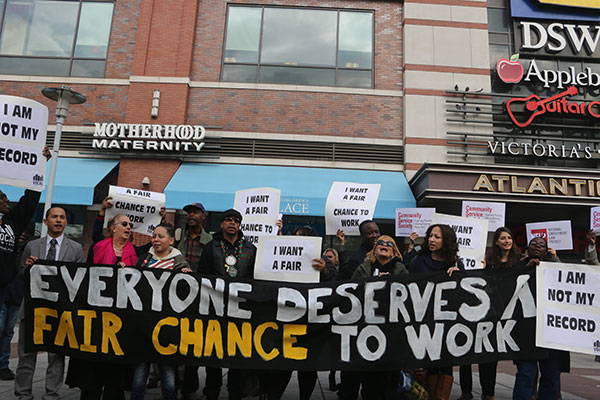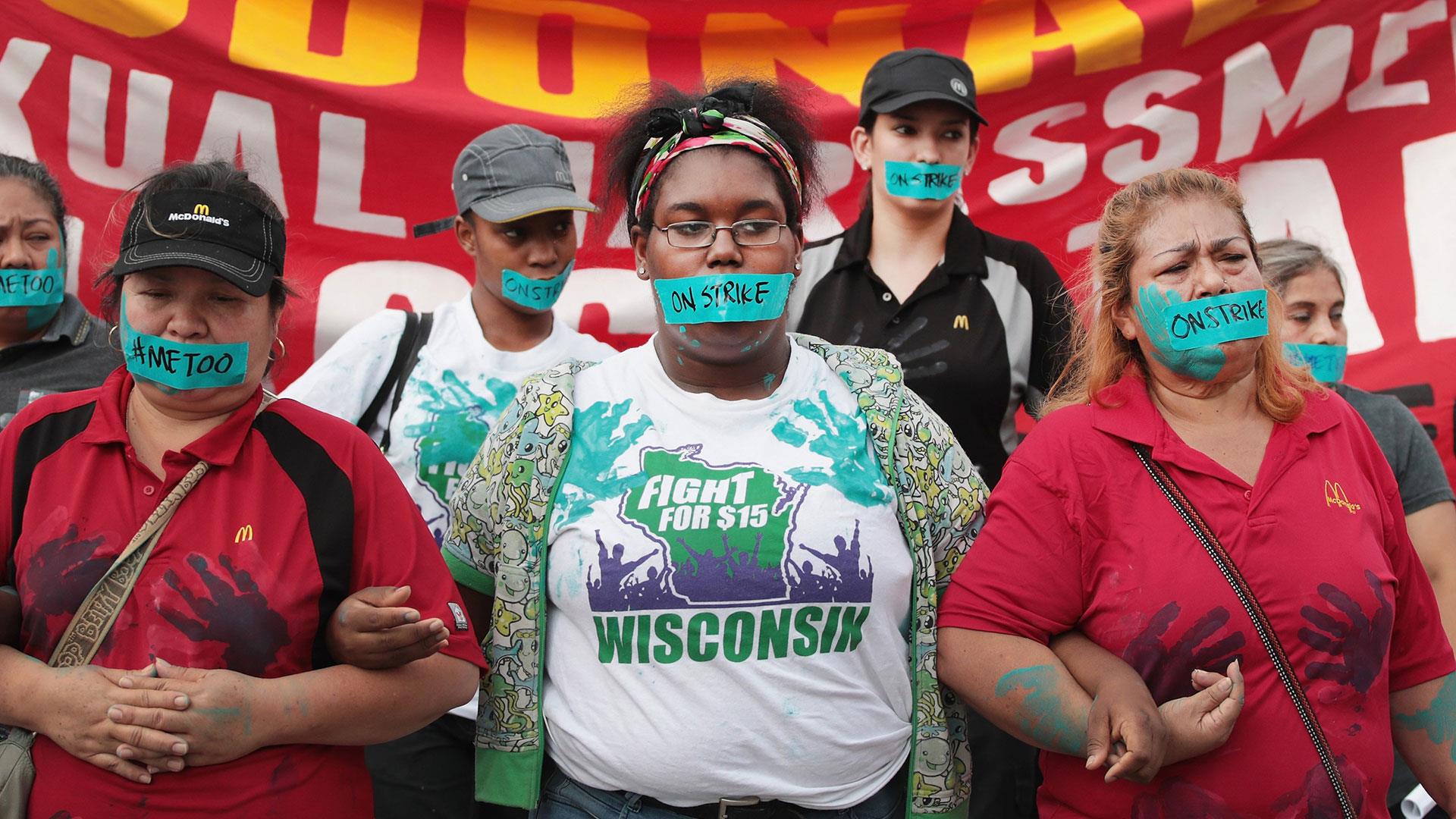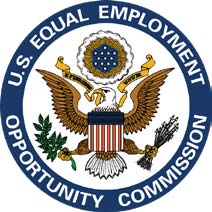In the wake of the killing of George Floyd by Minneapolis police in May 2020, Corporate America pledged to spend billions of dollars to address systemic racism. A new analysis by the Washington Post raises questions both about those commitments and the entire idea of relying on big business to address social problems.
Surveying the 50 U.S. largest companies (based on stock market valuation), the Post found that 44 of them pledged a total of $4.2 billion in donations and committed another $45.2 billion in loans, investments and other initiatives. More than one year later, the companies reported disbursing only $1.7 billion.
The slow movement of the funds should not be taken as an indication that the commitments were a burden on the firms. As the Post points out, the $4 billion cash portion represented less than one percent of the aggregate annual profits of the 50 companies.
Much of the $45 billion in other commitments, 90 percent of which came from Bank of America and JPMorgan Chase, represented loans and investments on which the companies would make a profit. Moreover, providing home mortgages and other financial services in Black and Latino neighborhoods is something the banks were already supposed to be doing under federal laws such as the Community Reinvestment Act.
All this goes to show that the companies were not sacrificing very much in their racial justice commitments. Yet many of them have still dawdled in writing the checks. For example, the Post notes that Chuck Robbins, the CEO of Cisco Systems, tweeted in June 2020 that his company would be contributing $5 million to a handful of groups such as Black Lives Matter. The newspaper found that Black Lives Matter has not yet received any money.
It remains unclear whether Cisco and the other companies ever intend to make good on their pledges, even though they have already reaped the public relations benefits from the commitments.
Apart from the matter of reliability is the question of whether it makes sense to call on large corporations to help deal with matters such as systemic racism. Typically, this is framed as a debate between those who see big business as a potential force for positive change and those who argue that corporations should focus solely on creating value for shareholders.
There are problems with both those positions. The notion that the business of business is solely to generate profits, long popularized by the rightwing economist Milton Friedman, is not only amoral but simplistic. Corporations may find it beneficial to spend money on things such as charitable contributions or lobbying even if the immediate effect is to reduce profits a bit. Those expenses may very well lead to higher profits in the longer term by generating good will or changing public policy.
Some corporations, in fact, may seek to project an image of social or environmental responsibility as part of their brand—think Ben & Jerry’s, Patagonia, etc. When they make contributions to progressive causes, they are really engaged in nothing more than marketing.
Yet perhaps the biggest misconception in most discussions of the role of corporations is the assumption that big business is somehow part of the antidote to social and environmental ills. The truth is often that companies are a cause of those ills.
For example, when it comes to systemic racism, large corporations are hardly innocent bystanders. Many of them have decades-long track records of racial discrimination in the treatment of both employees and customers.
Many of these cases are documented in Violation Tracker. The database contains more than 3,000 entries on employment discrimination (of all kinds) with total penalties of more than $4 billion. These include actions by agencies such as the Equal Employment Opportunity Commission as well as class action lawsuits. Among the latter are multi-million-dollar settlements paid by major companies such as Coca-Cola, Federal Express, and Eastman Kodak.
Violation Tracker also has more than 200 cases in which companies were accused of bias in their dealings with customers—such as charging African-American borrowers higher interest rates than their white counterparts. These cases have resulted in more than $1 billion in fines and settlements. Among the companies involved in these matters have been MetLife, JPMorgan Chase, and Toyota.
All of this is to say that many corporations have much work to do to eliminate systemic racism under their own roof before being called on to help address the problem at a national level. When it comes to social change, big business often remains part of the problem rather than the solution.




 For a long time, the corporation that stood out as America’s worst employer was Walmart, given its reputation for shortchanging workers on pay, engaging in discriminatory practices and ruthlessly fighting union organizing drives. Today, Amazon.com seems to be trying to take over that title, at least for its blue-collar workforce.
For a long time, the corporation that stood out as America’s worst employer was Walmart, given its reputation for shortchanging workers on pay, engaging in discriminatory practices and ruthlessly fighting union organizing drives. Today, Amazon.com seems to be trying to take over that title, at least for its blue-collar workforce. The immediate culprits in many workplace discrimination and harassment cases are individual managers or co-workers, but in many situations the worst villain is the employer that fails to stop the abuse or engages in its own unfair practices.
The immediate culprits in many workplace discrimination and harassment cases are individual managers or co-workers, but in many situations the worst villain is the employer that fails to stop the abuse or engages in its own unfair practices. The bankruptcy filing, store closings and general uncertainty surrounding the future of Sears have prompted a spate of nostalgic business-page articles about the history of the once dominant retailer. Whether or not the chain survives, it is important not to sugarcoat its past.
The bankruptcy filing, store closings and general uncertainty surrounding the future of Sears have prompted a spate of nostalgic business-page articles about the history of the once dominant retailer. Whether or not the chain survives, it is important not to sugarcoat its past. People who are subjected to sexual harassment on the job are too often left to confront their abusers on their own. Those with means can hire high-powered legal help, as Gretchen Carlson did in her lawsuit against 21st Century Fox that resulted in a $20 million settlement. Other survivors of abuse may not get justice.
People who are subjected to sexual harassment on the job are too often left to confront their abusers on their own. Those with means can hire high-powered legal help, as Gretchen Carlson did in her lawsuit against 21st Century Fox that resulted in a $20 million settlement. Other survivors of abuse may not get justice. The Harvey Weinstein scandal is bringing necessary attention to the problem of sexual harassment. But that problem is not limited to abusive behavior on the part of big-time movie producers and a few other powerful men. Women are confronted with sexual predators in a wide variety of workplaces.
The Harvey Weinstein scandal is bringing necessary attention to the problem of sexual harassment. But that problem is not limited to abusive behavior on the part of big-time movie producers and a few other powerful men. Women are confronted with sexual predators in a wide variety of workplaces.
You must be logged in to post a comment.